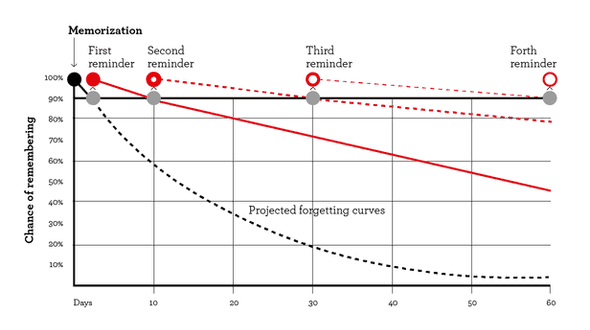Jonathan Levi • February 15th, 2022
How I study Hebrew (Part One)
In 2019, I graduated from University and had a long summer ahead before my graduate job started in September. I’d wanted to learn Hebrew for a long time and decided I’d start that summer.
Back to the classroom
I enrolled as a beginner “Aleph” student at Ulpan Bayit, a Hebrew learning school in Tel Aviv. Ulpan-type schools really refined teaching the language over the past 100 years as millions of people learned it from scratch — perfect for someone like me. The course was an intensive, 3 hours long morning class with homework. It wasn’t exactly the institutionalized education blow-off activity I’d anticipated for the first summer after my studies but I was excited to learn a new language.
The first lesson was really fun: we were paired to introduce ourselves with the handful of Hebrew words we already knew and switched pairs every 2 minutes. Within the first 20 minutes I had met everyone on the course. The teacher then proceeded to welcome us and taught the rest of the class. At the end, the head of the school joined us to explain recommended learning techniques. He sketched on the board a simple version of this:

We talked about the Ebbinghaus forgetting curve and the optimal way to study new words. I was hooked — here was the perfect combination of fun Hebrew learning with a bit of science. After getting back to my apartment, I googled everything I’d heard: forgetting curve, flashcards, spaced-repetition. He’d recommended Anki, a powerful, much loved flashcards app that uses spaced-repetition. Spaced-repetition aims to prompt you for a new card/word/expression/concept just at the cusp of you forgetting it. It “spaces” out the “repetition” of the prompts until the card is permanently stored in your memory. Sounds like magic? Because it is.
For those of you who aren’t familiar with it, I highly recommend reading this article. It’s gruelling to run through your flashcards every day and snail-paced but over time, you look back and wonder how you managed to study so many new cards so quickly. It’s kind of like understanding exponential growth: we pretend to really get it, yet in practice most of us suck at it. Only in retrospect, it makes a lot of sense.
Anki, Quizlet, frustration
I gave Anki a try and quit on the first day. I disliked the User Interface, the clunky text input fields and downloading a bunch of third-party plugins to add functionality like audio recording (an essential feature for learning languages). The teachers also sent us links to shared Quizlet decks. Quizlet is much more user-friendly and has half a dozen different learning modes. Here’s the thing about Quizlet though. Their Learn mode is pretty good but you don’t get the magical pay-off of spaced-repetition: use it for long enough, and you will start saving a ton of new words to your memory. That won’t happen with Quizlet. Although it’s much more fun to use, it’s probably not a great bet for the long term.
I spent a few more hours that day searching for a better learning tool. I wanted it to: look and feel good, include spaced-repetition and be easily accessible in the browser. I gave up the search that night and ended up using both Anki and Quizlet. This process became my routine:
- Start a new Quizlet deck at the beginning of every week
- Add new words to the deck after each lesson
- Study the deck in Quizlet’s Exam mode
- At the end of every week, import the Deck into Anki
- Add a few minutes of Anki studying right after the Quizlet Exam mode
The benefits of the approach were clear: I had one week per set of new words that I would keep studying randomly. Since they were new anyway, it didn’t matter that spaced-repetition wasn’t involved. After a week, I usually knew them well enough to add them to Anki. There were also many downsides: it involved two separate tools and Anki’s interface was still awful.
At the end of the summer, I’d studied almost 450 words. I moved to London to start my new job and as all language learners know — your proficiency takes a massive blow when you don’t live in a country where the spoken language is the one you’re trying to learn. I had to rely even more heavily on Quizlet and Anki or find a better solution, especially as the pandemic was about to hit.
Thanks for making it to the end! This post is the first one in a series about how I’m studying Hebrew. Part two will be published very soon.
Useful links related to all of the above:
